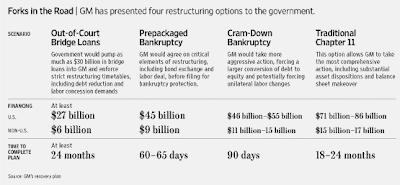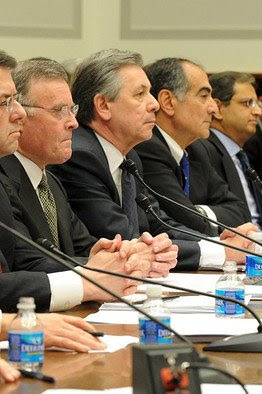
Editor's Note: Broadcast TV is facing the same demographic shifts as newspapers - a loss of mass audience which is affecting its ability to collect a premium for advertising. This will have an important impact on the future of traditional broadcasters moving forward. Like newspapers, the broadcast business model is broken and no one knows how to fix it.
The New York Times - CBS, home to “60 Minutes,” the “CSI” franchise, “Two and a Half Men” and the new hit crime drama “The Mentalist,” is having a better year in prime time than any other network.
And yet, as at the other networks, profits have declined sharply at CBS.
For decades, the big three, now big four, networks all had the same game plan: spend many millions to develop and produce scripted shows aimed at a mass audience and national advertisers, with a shelf life of years or decades as reruns in syndication.
But that model, based on attracting enough ad dollars to cover the costs of shows like “Lost” and “ER,” no longer appears viable. Network dramas now cost about $3 million an hour.
The future for the networks, it seems, is more low-cost reality shows, more news and talk, and a greater effort to find new revenue streams, whether they be from receiving subscriber fees as cable channels do, or becoming cable networks themselves, an idea that has gained currency.
The last bastion of the big network audience is the Super Bowl and other live events like the Grammy Awards and the Academy Awards. The rub is that those have traditionally been viewed as promotional outlets for a network’s other shows, and rarely make money themselves.
Ratings over all for broadcast networks continue to decline, making it harder for them to justify their high prices for advertising. Cable channels are spending more on original shows, which bring in new viewers and dampen their appetites for buying repeats of broadcast shows.
For the networks, the crisis is twofold: cultural and financial. For viewers, the result is more low-cost reality shows, prime-time talk and news programs and sports from the institutions that once made “Hill Street Blues,” “All in the Family” and “Cheers.”
http://www.nytimes.com/2009/02/28/business/media/28network.html






